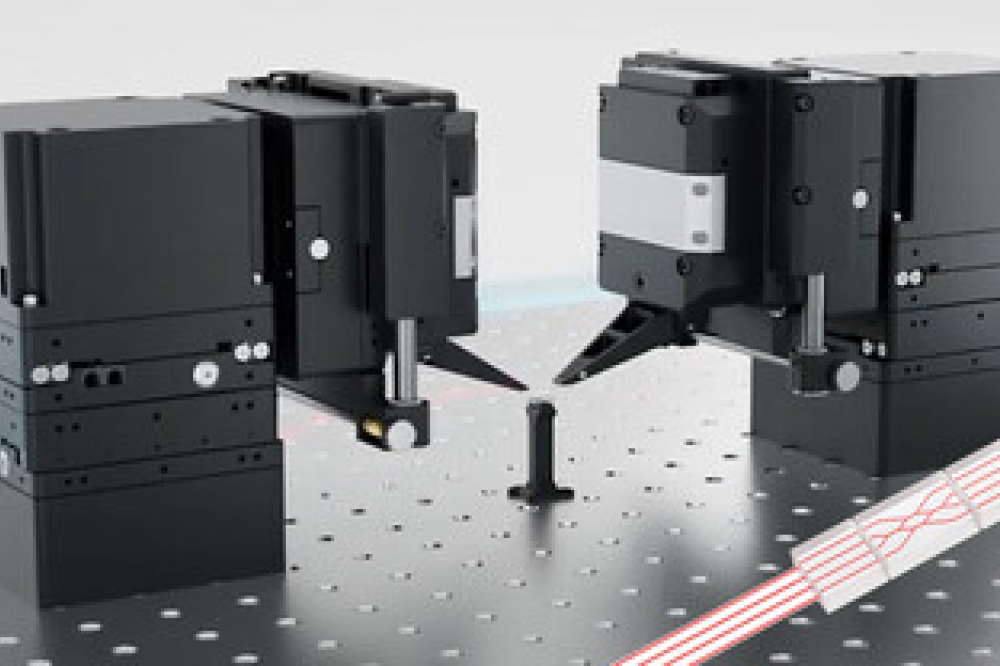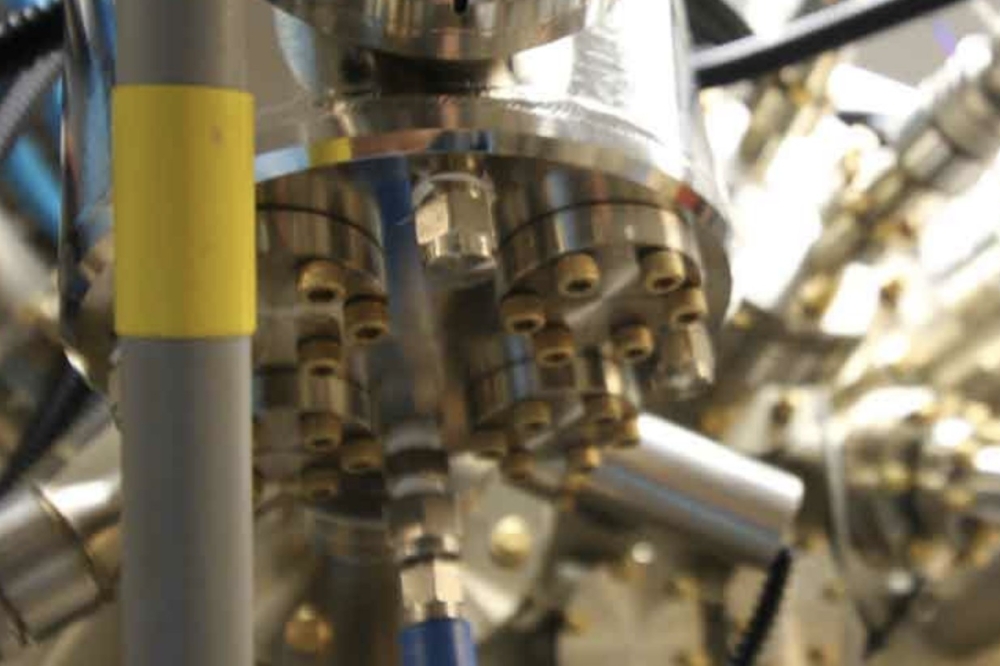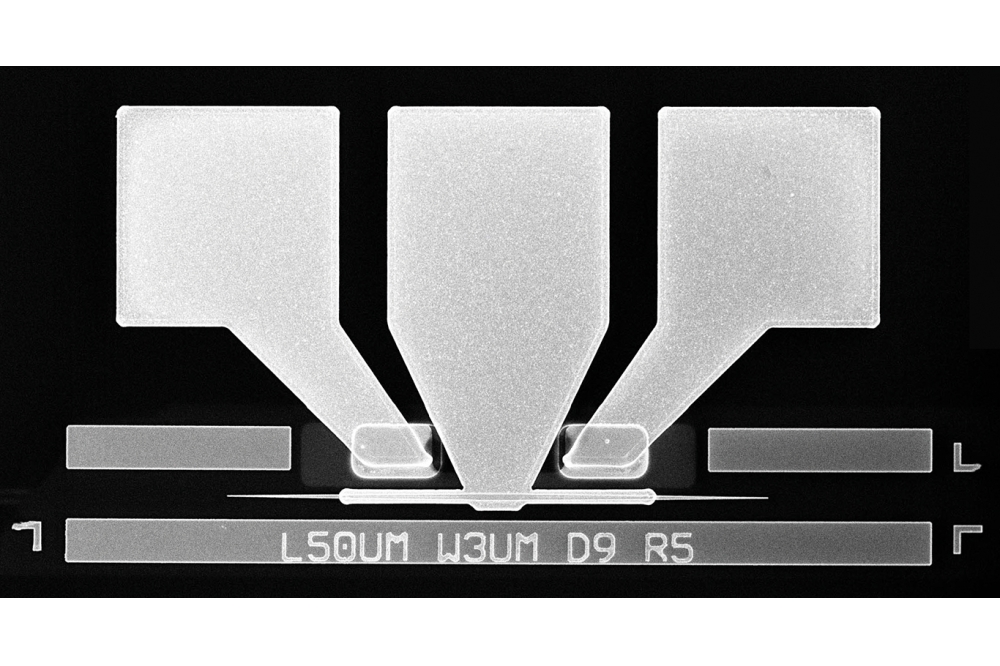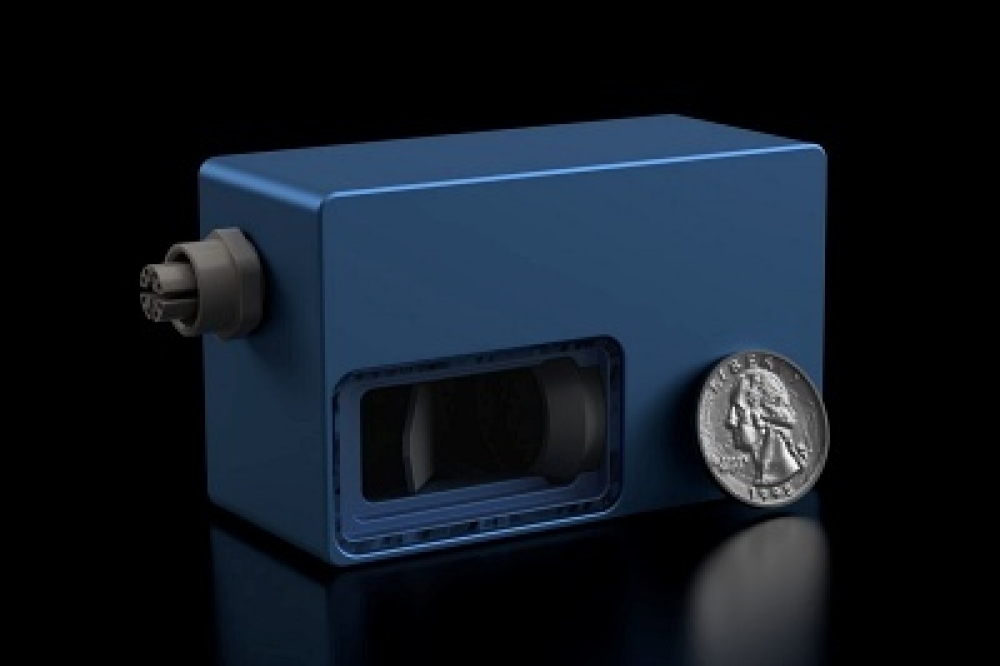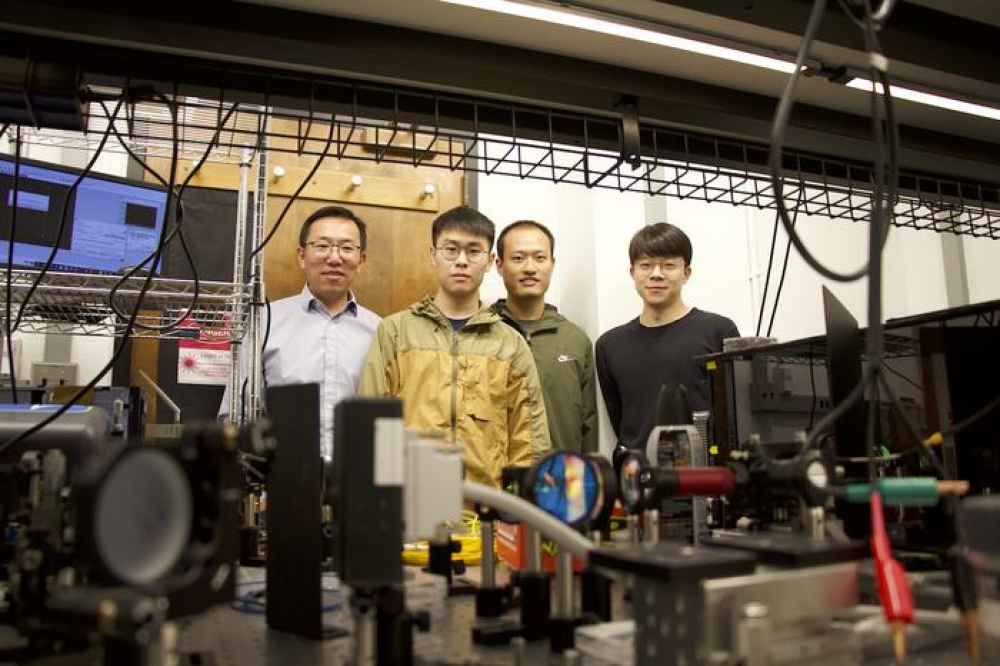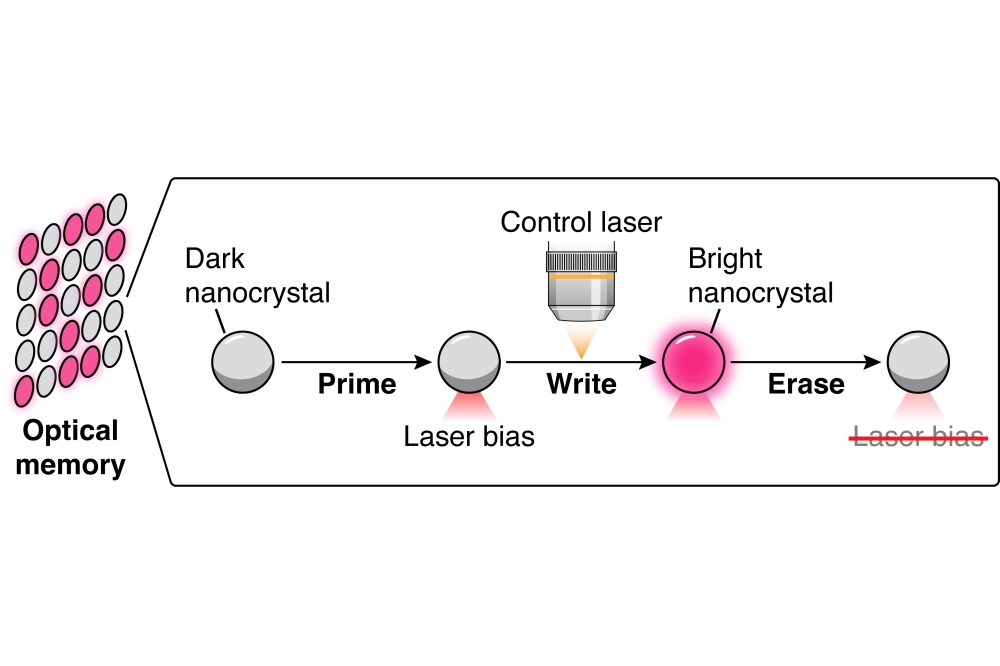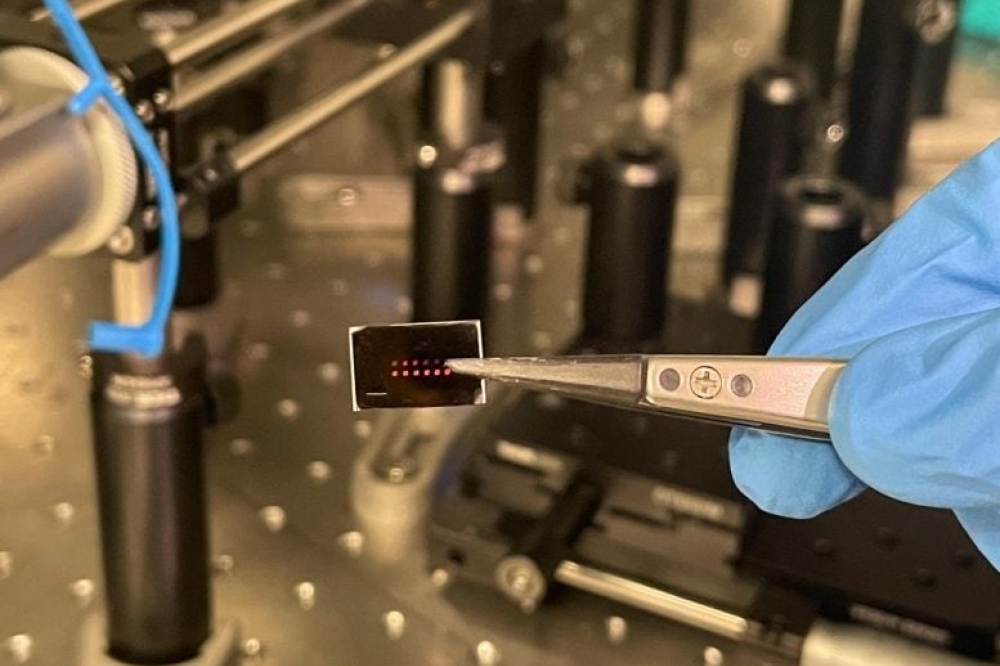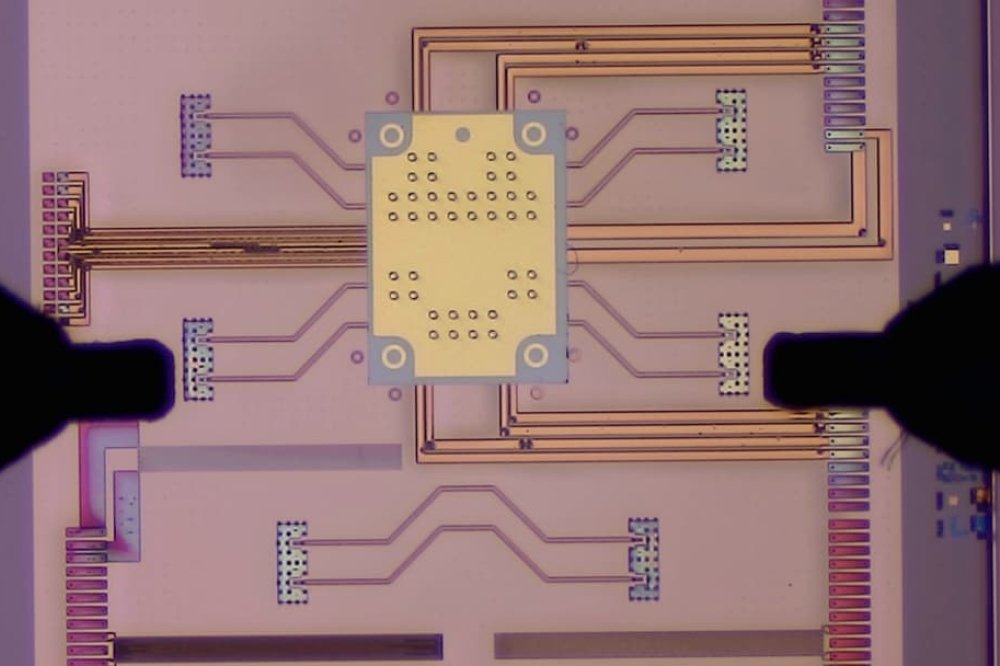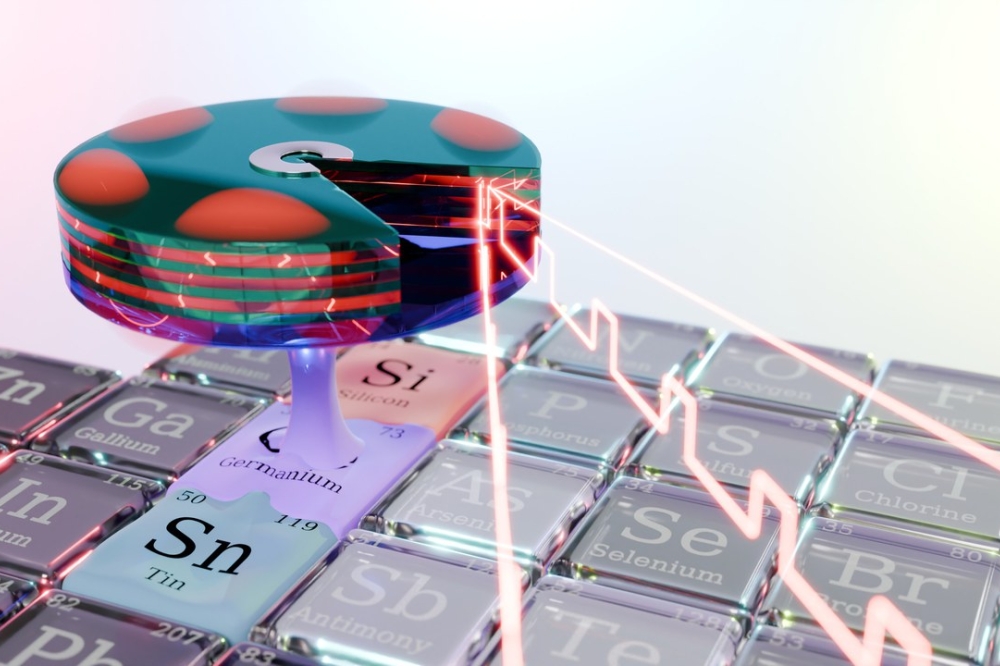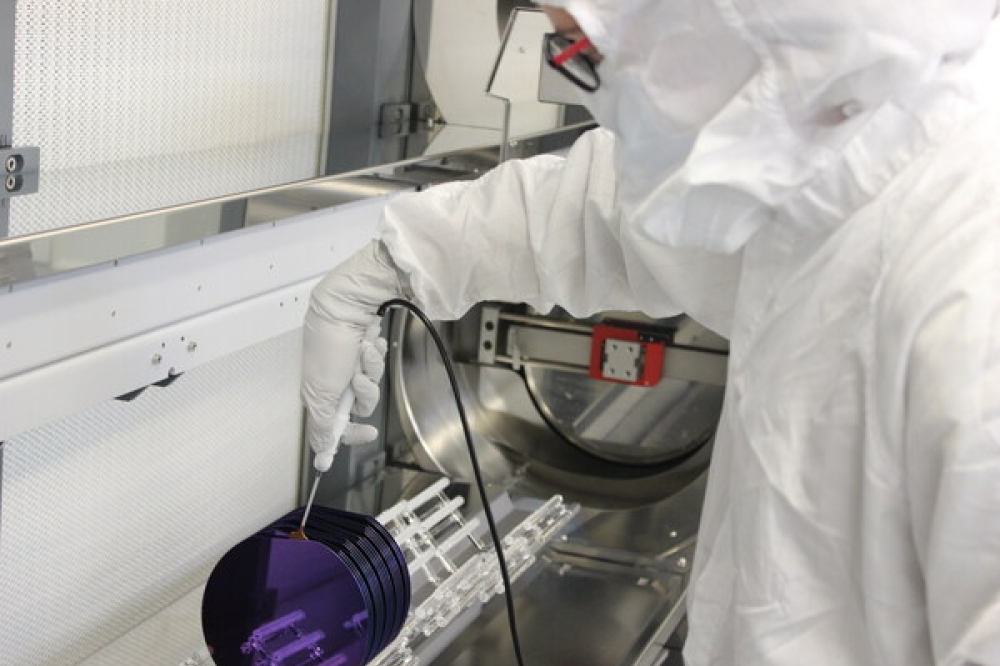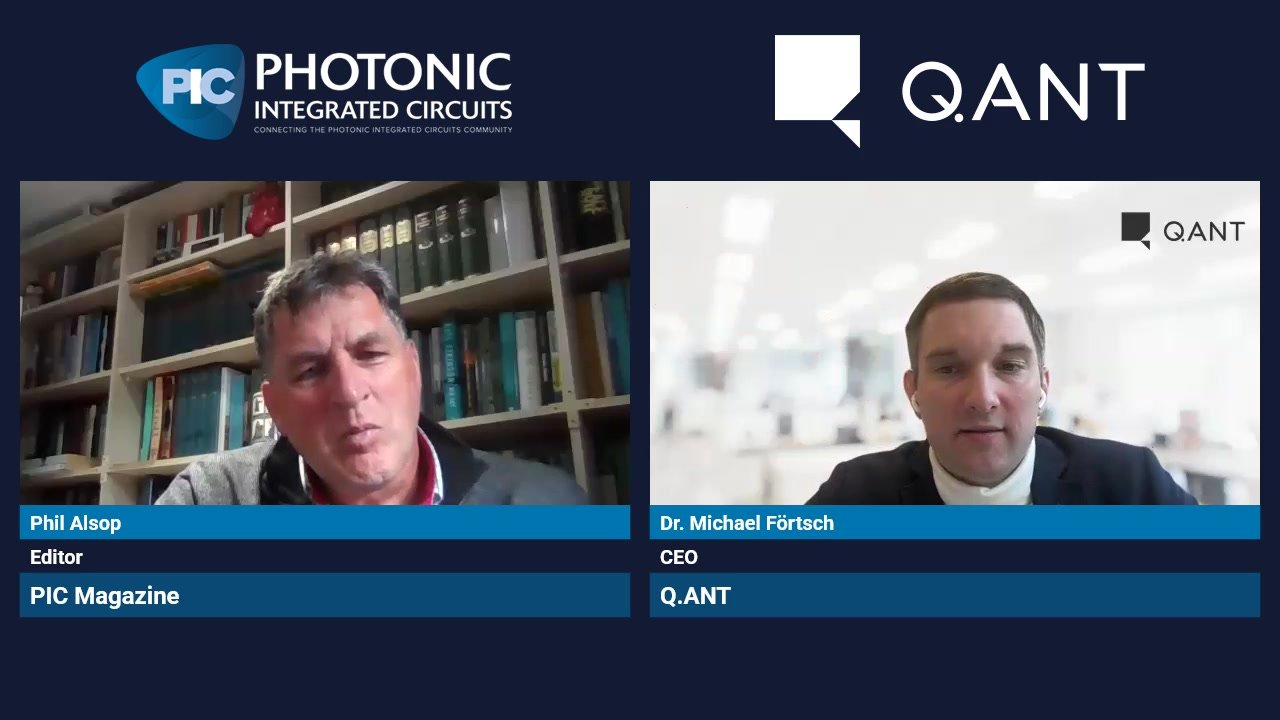Neurophos raises $7.2 million for metamaterial-based optical AI chips

Neurophos, a spinout from Duke University and Metacept, has raised a $7.2 million seed round, with which it intends to productise a breakthrough in both metamaterials and optical AI inference chips.
The company has been funded in a round led by Gates Frontier and supported by MetaVC, Mana Ventures, and others. Neurophos says the seed funding will enable the production of a proprietary metasurface that serves as a tensor core processor enabled by its advanced optical properties. The company also plans to hire a team of engineers in Austin, Texas, a major silicon engineering hub.
While GPUs have had massive success in accelerating AI workloads, digital approaches are typically limited by power consumption. On the other hand, proponents of optical computing techniques claim that photonics can vastly reduce power consumption and therefore accelerate compute speeds far beyond the bounds of what is possible with modern GPUs.
According to Neurophos, there has been limited success in developing optical compute for AI, despite large investments, partly because existing optical devices are too large and bulky to scale. However, the company says that metamaterials enable new paradigms for controlling the flow of light, pointing out that the discovery of metamaterials has sparked a burst of creativity, leading to demonstrations of invisibility cloaks, negative refractive index materials, and many other exotic products.
Neurophos says its optical metasurfaces are designed for use in datacentres and that their approach is already exceeding world records in computational energy efficiency. The company plans to use high-speed silicon photonics to drive a metasurface in-memory processor capable of fast, efficient, AI compute.
The estimated global datacentre electricity consumption in 2022 was 240-340 TWh, or around 1-1.3% of global electricity demand, and the exponential growth of AI inference workloads is threatening to push this demand to unsustainable levels. Neurophos says its technology will provide more compute per dollar spent on CAPEX and OPEX, at the same energy consumption, and reduce the total cost of ownership of AI accelerator chips and datacentres.
Patrick Bowen, Neurophos CEO, said: “The most important factor in optical processors is scaling. Optical processors become both exponentially faster and more energy efficient on a per-operation basis as you make them larger. This means that in a finite chip area, the most important factor is how small you can build the optical devices that compose your processor. By leveraging metamaterials in a standard CMOS process, we have figured out how to shrink an optical processor by 8000X, which will give us orders of magnitude improvement over GPUs today.”
Alexander Hayes, co-founder of Metacept, commented: “Leaving the speed and energy use bottlenecks behind by deviating far from the Von Neumann architecture represents one of the most exciting and potentially important metamaterial and photonic applications we’ve ever considered.”
MetaVC Partners provided Neurophos’ initial funding and an exclusive license to the fund’s metamaterials IP portfolio for optical computing. Neurophos was spun out of Metacept, an incubator led by David R. Smith, James B. Duke Professor of Electrical and Computer Engineering, focused on creating metamaterials-based companies and collaborating with Professor Smith’s research group at Duke University. Neurophos CTO Tom Driscoll previously founded metamaterials-based radar company Echodyne.
David Smith said: “The Neurophos team has realised that the really fundamental problems of analogue inference processing require a breakthrough at the level of the fundamental physics of the optical modulators. Their metamaterial is a ground-up breakthrough enabling an extraordinarily dense computing chip for next-generation AI applications.”
Neurophos AI chips can be fabricated using standard CMOS processes. This gives easy access to volume manufacturing.
The company is also joining Silicon Catalyst, an incubator and accelerator focused on semiconductor solutions, (including photonics, MEMS, sensors, IP, materials and life Sciences) to accelerate startups from idea through prototype, and onto a path to volume production. As well as developing a support ecosystem, with a network of financiers and business advisors, for its semiconductor startups Silicon Catalyst says it also provides privileged access to services, expertise, and intellectual property that can empower companies’ technological innovation.
Paul Pickering, managing partner at Silicon Catalyst said: “Neurophos represents much-needed progress in analogue optical computing, bringing the performance of silicon photonics to the existing manufacturing infrastructure of CMOS foundries. We are confident that they will be one of the leaders of the next generation of AI hardware. This is how you get to tomorrow quickly and without wasted capital. We are thrilled to have them in the programme.”



